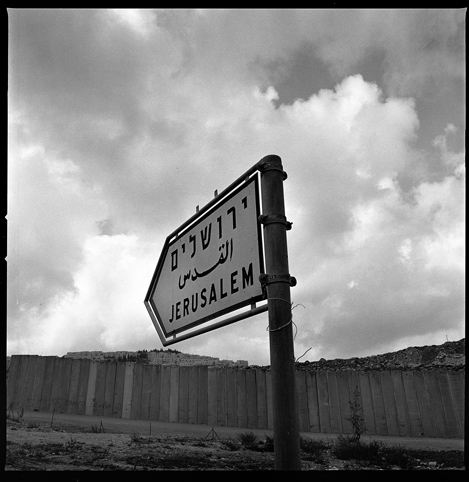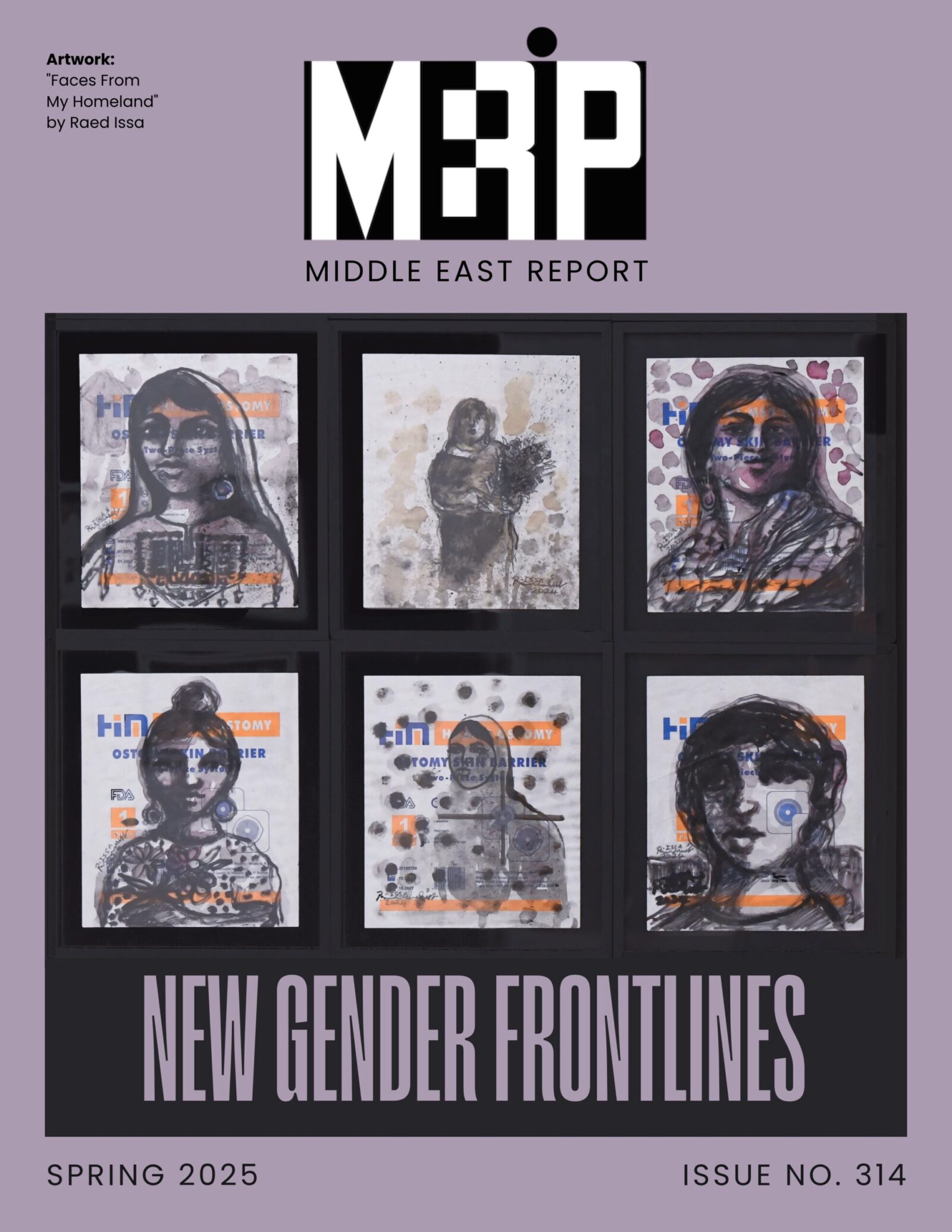IN THIS ISSUE:
Changing Modes of Political Dialogue Across the Middle East and East Asia, 1880-2010
East Asia’s relationship with the Middle East today is based mainly on economics and is devoid of grand political projects of solidarity and intellectual dialogue. Countries such as China, Japan and Korea present the Middle East with a model of neoliberal economic development. At the same time, the redemptive transformation of East Asia from a Western-dominated region to a globally powerful one offers a trajectory of development diverging from the Middle East, which struggles with political turbulence, regime crises and regional wars both cold and hot.
From the Editors (Spring 2014)
“Will China dominate the twenty-first century?” So asks the title of a short book by Jonathan Fenby, a British journalist who was editor of Hong Kong’s South China Morning Post during the period when that bustling entrepôt was being transferred from British control to the sovereignty of the People’s Republic.
Editor’s Picks (Winter 2013)
Abu Lughod, Lila. Do Muslim Women Need Saving? (Cambridge, MA: Harvard University Press, 2013).
Amar, Paul and Vijay Prashad, eds. Dispatches from the Arab Spring (Minneapolis: University of Minnesota Press, 2013).
Atia, Mona. Building a House in Heaven: Pious Neoliberalism and Islamic Charity in Egypt (Minneapolis: University of Minnesota Press, 2013).
Carapico, Sheila. Political Aid and Arab Activism: Democracy Promotion, Justice and Representation (Cambridge: Cambridge University Press, 2013).
Cooke, Miriam. Tribal Modern: Branding New Nations in the Arab Gulf (Berkeley, CA: University of California Press, 2014).
Maxime Rodinson Looks Back
Maxime Rodinson (1915-2004) was a pioneering scholar of Islam and the Middle East, as well as a prominent Marxian public intellectual. A product of classical Orientalist training, he was professor of Old Ethiopic and South Arabian languages at the Sorbonne. His scholarly sensibility was historical-materialist, a perspective he brought to his famous biography of the Prophet of Islam, Muhammad (1961), as well as later publications including Islam and Capitalism (English edition, 1973), Marxism and the Muslim World (English, 1979) and Cult, Ghetto and State: The Persistence of the Jewish Question (1983). Rodinson was a contributing editor of Middle East Report from 1988 to 2000.
CURRENT ANALYSIS
Seven Questions for Ammar Basha
Ammar Basha is a Yemeni filmmaker. His documentary films include Breaking the Silence, about the discrimination faced by working women of African descent in Yemen, and a series called Days in the Heart of the Revolution, about the 2011 Yemeni uprising. Breaking the Silence took second prize at the Women Voices Now film festival in Los Angeles in 2010. The latter series was screened at the International Yemeni Film and Arts Festival in Berkeley, Washington, London and Sanaa. Basha also makes feature films.
A Loveless Diplomatic Marriage with No Future
Among the would-be therapists of the foreign policy world, the alliance between the United States and Saudi Arabia is a textbook case of a “loveless marriage.”
Though the values of the two states are at odds, or so the thinking goes, the great democracy and the absolute monarchy are bound together by mutual interest in the stability of the Persian Gulf, home to almost half of the world’s proven oil and natural gas reserves.
Learning from the Past in the Iranian Nuclear Dispute
The controversy over the Iranian nuclear program is in many ways a product of the US-Iranian conflict. The United States and Iran are in the grip of mutual negative perceptions that, in turn, have been reinforced by the escalatory dynamics of the nuclear dispute. After years of seeming diplomatic deadlock, these dynamics suddenly changed for the better in the autumn of 2013. The positive trends culminated in November, when Iran agreed with the five permanent UN Security Council members and Germany, the so-called P5+1, on a confidence-building deal known as the Joint Plan of Action (JPA). Given the record of diplomatic non-achievement, the deal is a historic development.
LATEST ISSUES
FEATURED PRIMER

Primer: Palestine-Israel
Read the newest iteration of MERIP’s Palestine primer. Published in March 2025, and updated to reflect developments in the ten years since our previous primer, it provides an overview of key actors, organizations, historic events, political developments and diplomatic initiatives that have shaped the status and fate of Palestinians and the State of Israel from the late nineteenth century to the present.


